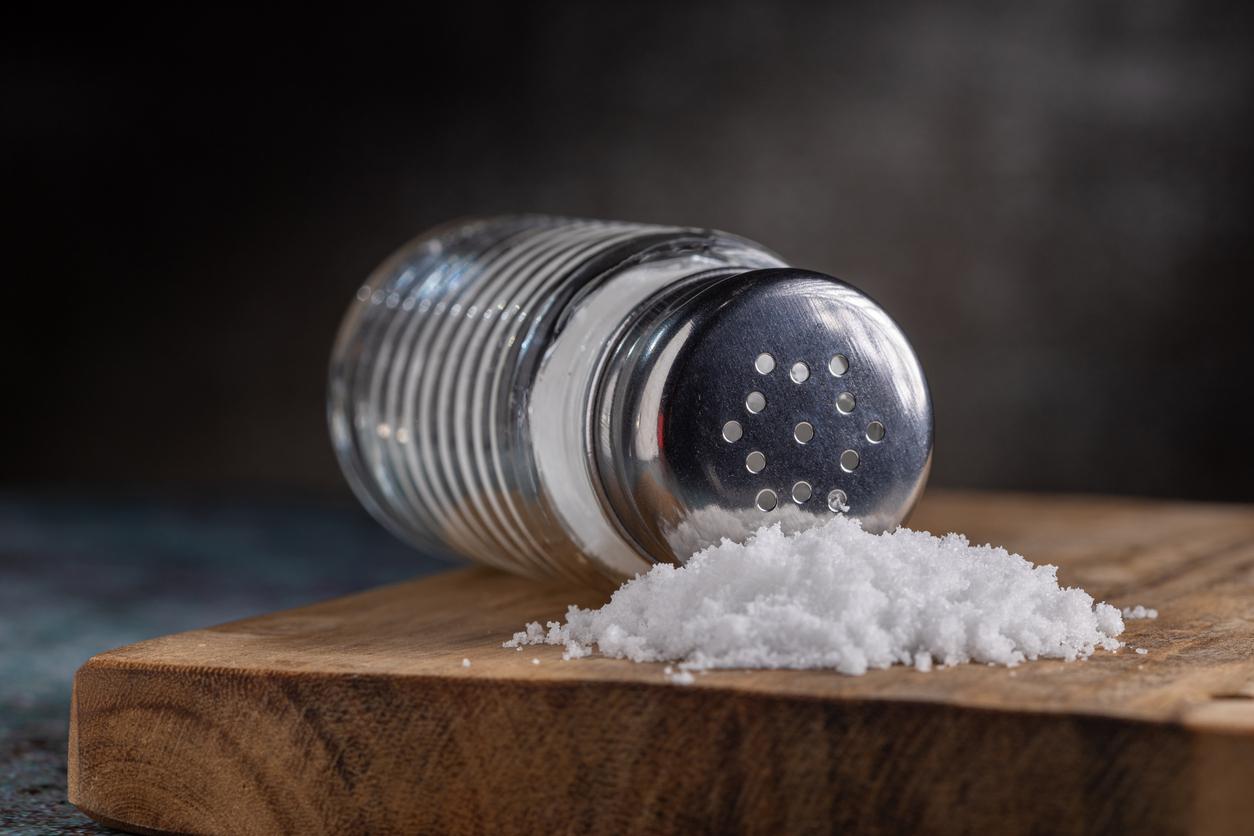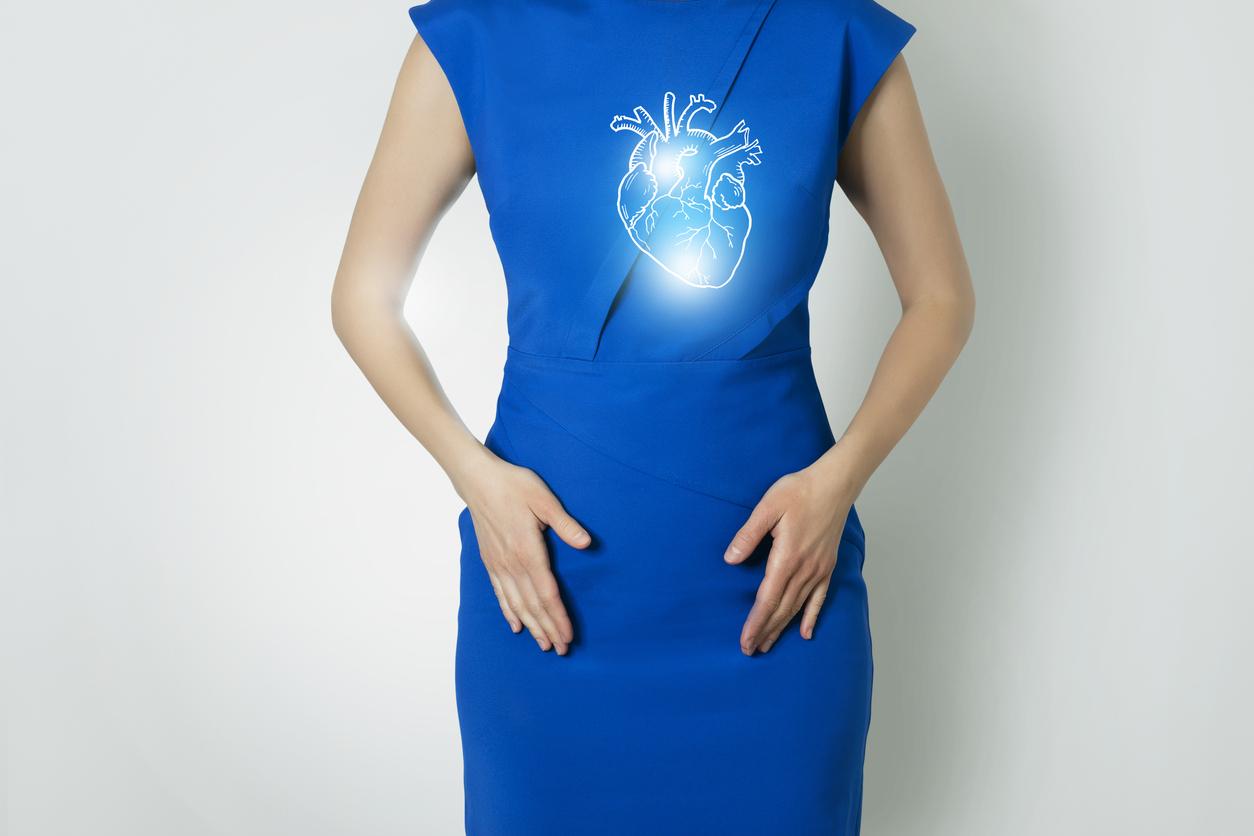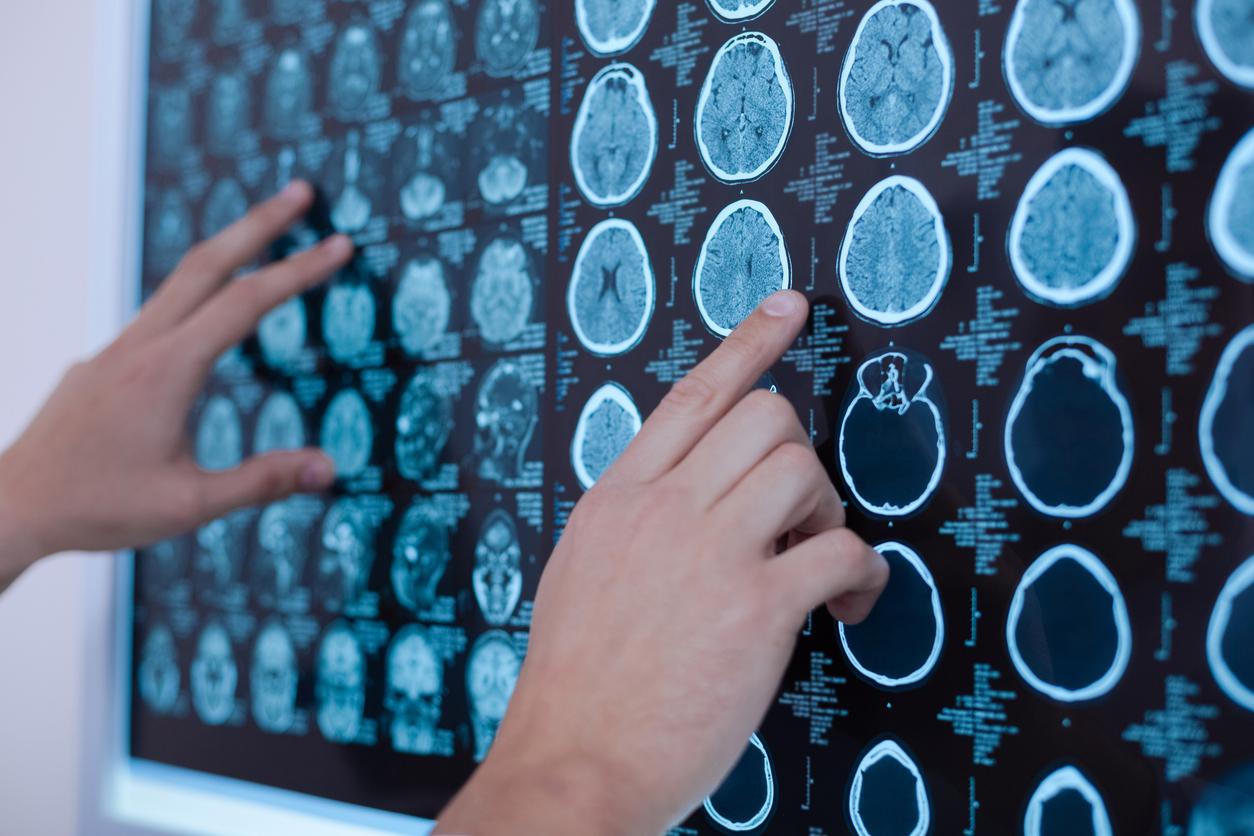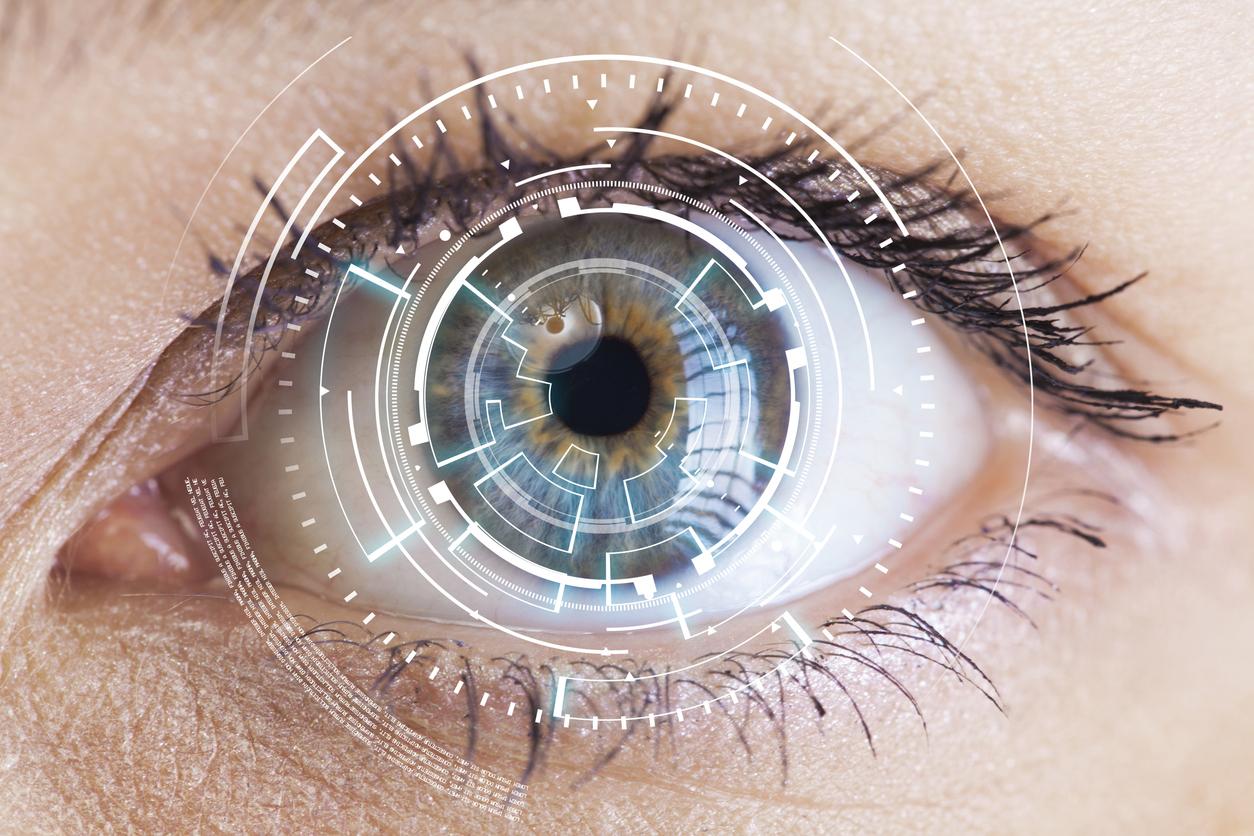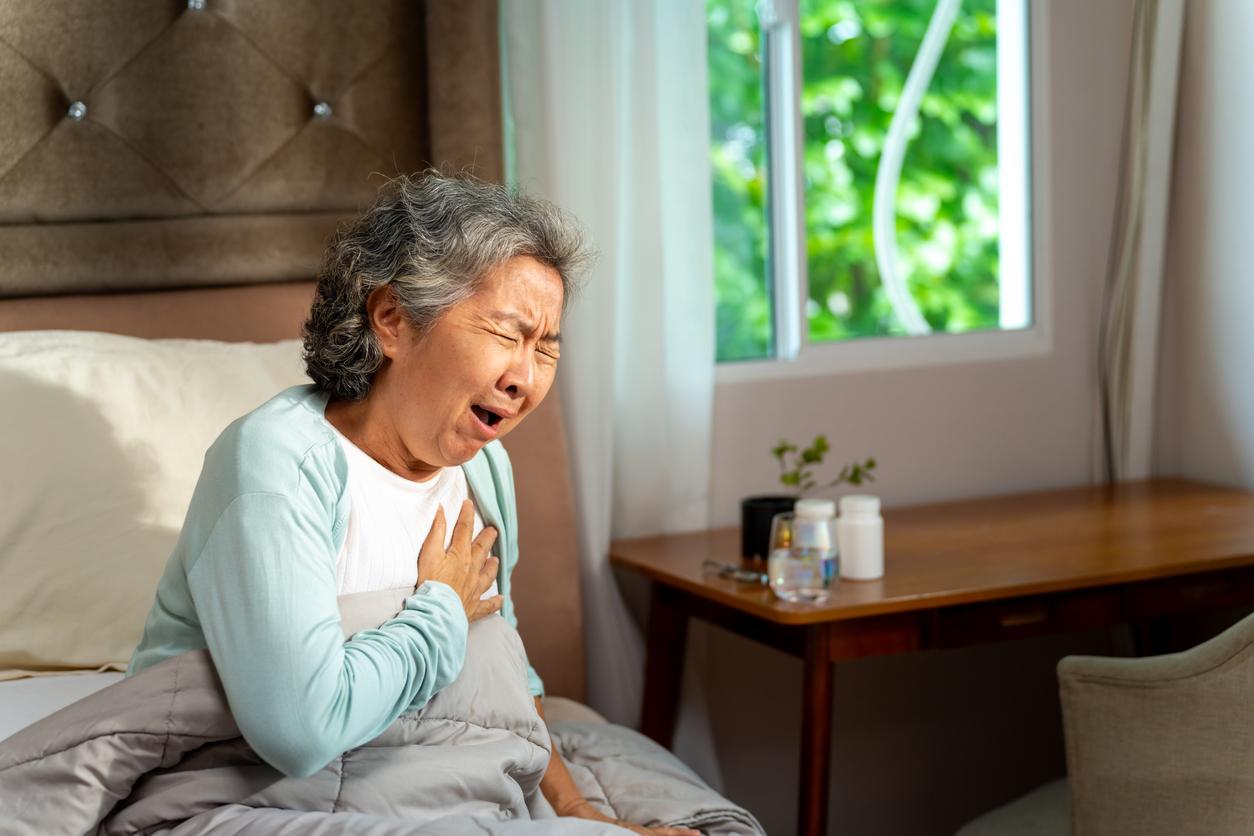Spotting the early warning signs of a stroke can increase the chances of survival and improve recovery.
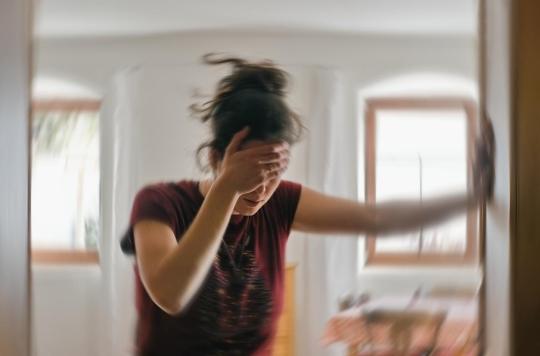
- A stroke affects 1 person every 5 seconds worldwide, recalls the French Neuro-Vascular Society.
- The WHO speaks of a pandemic and projects an increase in the incidence of strokes from 16 million in 2005 to 23 million in 2030.
Stroke symptoms set in suddenly and leave no room for doubt, but they are sometimes overlooked. However, knowing them and acting from the first moments saves lives while on 140,000 stroke victims each year in France, about 30,000 die.
A stroke results in brutal symptoms
A sudden loss of vision, mobility of a limb, difficulty speaking, balance problems… are all signs that should alert. Symptoms depend on which area of the brain is affected and the extent of the damage, says the Ministry of Health and Prevention.
These different types of neurological symptoms may not appear at the same time, or may combine, but they are all linked to the lack of blood supply to the brain. In fact, stroke occurs in the brain when a blood vessel is blocked (85% of cases) or ruptures and causes bleeding (15%).
The loss of mobility can be specific to a limb or a part or the whole of the body: one side of the face can become deformed or freeze, for example, or the person who has a stroke can not be able to lift or move the arm or leg, indicates the Ministry of Health and Prevention.
You must alert the SAMU at the first signs of a stroke
Speech disorders are also symptomatic of a stroke: not being able to express oneself brutally or pronouncing words with unusual and sudden difficulties should lead to calling 15.
The third sign is a loss of vision: the person no longer sees anything at all or only sees with one eye. Finally, sudden loss of balance (ataxia) is characteristic of stroke.
In any case, if one of these symptoms is observed and they are expressed more or less severely, it is an absolute emergency:
“Mild symptoms can get worse very quickly. You must alert by immediately calling the SAMU at 15. For yourself or if you witness a stroke“, insists Professor Sonia Alamowitchhead of the cerebrovascular emergency department at the Salpêtrière hospital in Paris.
Indeed, stroke victims may not realize what is happening and in this case, it is the entourage who must give the alert.










